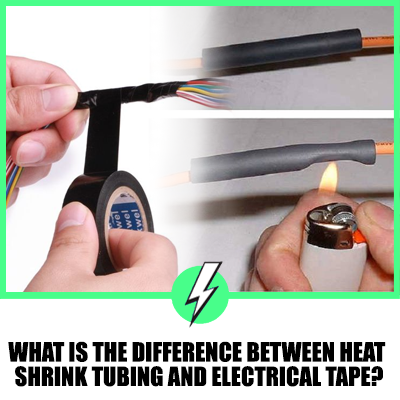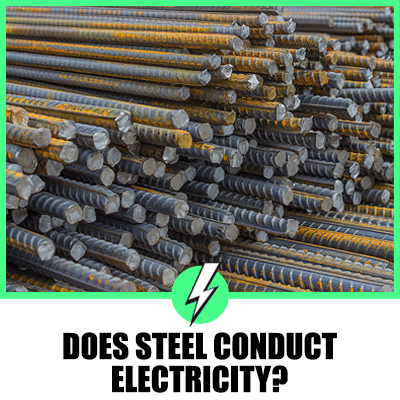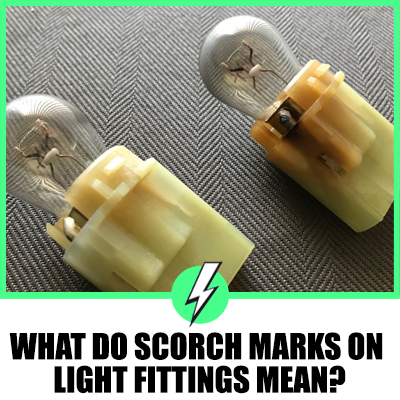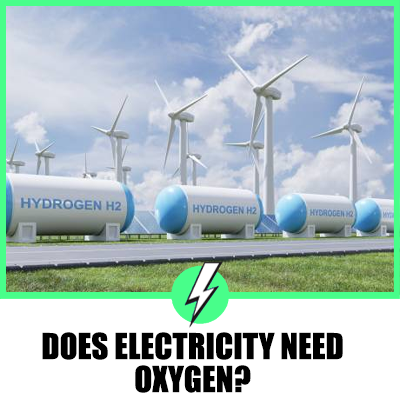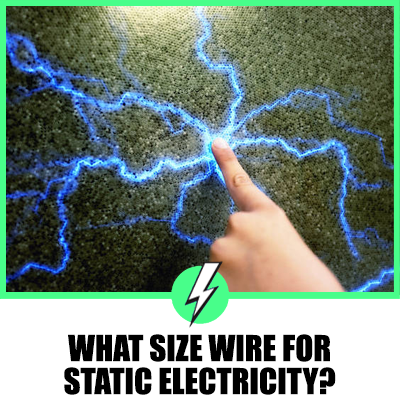Does JB Weld Conduct Electricity? A Comprehensive Analysis
JB Weld, a well-known epoxy resin product, is widely used for various applications, from household repairs to industrial fixes.
Its versatility and strength have made it a popular choice among DIY enthusiasts and professionals alike.
However, a common question that arises is whether JB Weld conducts electricity.
This article aims to answer this question and provide a comprehensive understanding of JB Weld’s electrical properties.
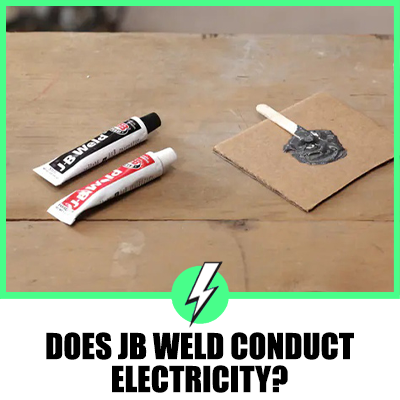
Contents
Does JB Weld Conduct Electricity?
JB Weld is not an electrical conductor.
It is composed of about 50% calcium carbonate and 30-40% epoxy resin, making it an electrical insulator.
JB Weld is heatproof and pressure-resistant in both liquid and hardened forms.
It is commonly used to extend the life of medical devices, communication equipment, and microelectronics.
Is There an Epoxy That Conducts Electricity?
While JB Weld is not conductive, there are other types of epoxy that are.
For instance, 8331 is a two-part epoxy adhesive that is electrically conductive and silver-filled.
It can be used to bind heat-sensitive electronic components or to make conductive connections where soldering isn’t possible, such as when bonding to glass, soft metals, or plastics.
Is There a Conductive Glue?
Yes, there is a conductive glue.
8330 is an electrically conductive epoxy glue that comes in two parts.
It has a smooth, non-sagging surface, is thixotropic, and adheres to a wide range of substrates.
This silver conductive glue can be used for quick cold-soldering repairs and to make conductive connections where soldering isn’t possible.
Does J-B Weld Steel Reinforced Epoxy Conduct Electricity?
No, J-B Weld Steel Reinforced Epoxy does not conduct electricity.
It is a polymer compound, and the amount of metal in it is insufficient to make it electrically conductive.
It is a steel-reinforced, hand mixable, non-rusting epoxy putty that is used to quickly repair or rebuild anything made of metal.
How Do You Make J-B Weld Conductive?
Making JB Weld conductive is not a straightforward process.
While it contains conductive materials, for all intents and purposes, it’s not “conductive.”
It’s unlikely you’ll hit any voltage/current levels that will make it through.
However, if you throw enough power at it, it might conduct, but it’s not recommended to use it as an ‘insulator’ as it’s not going to easily cause a short.
Insights from Online Discussions
Online discussions provide a wealth of information on this topic.
For instance, on the Head-Fi forum, users discussed how to make JB Weld conductive by adding graphite powder.
On GlueAid, it was mentioned that JB Weld is not conductive due to its composition of epoxy resin and a hardener.
In a discussion on EEVBlog, users shared their experiences and experiments with JB Weld and its conductivity.
On the RocketryForum, users discussed the conductivity of JB Weld in rocketry applications.
In a thread on CandlePowerForums, a user shared an experience where JB Weld became conductive due to the alignment of metal particles in a magnetic field.
On CircuitsGallery, it was explained that JB Weld is not conductive due to its composition of insulator materials like calcium carbonate and epoxy resin.
Finally, on the E-Cigarette Forum, users discussed the conductivity of JB Weld SteelStik, concluding that it is not conductive for the purposes of e-cigarette modding.
Implications for the UK and US Audience
For both the UK and US audience, understanding the electrical properties of JB Weld is crucial.
In both countries, JB Weld is widely used in a variety of applications, from household repairs to industrial fixes.
The fact that it is an electrical insulator is important for safety reasons.
For instance, in the electronics industry, JB Weld is often used to insulate electrical components, preventing short circuits and other electrical issues.
This is particularly important in the UK and US, where safety standards for electrical products are stringent.
Furthermore, the knowledge that there are conductive epoxies and glues available can open up new possibilities for DIY enthusiasts and professionals in both countries.
These conductive adhesives can be used in applications where traditional soldering is not possible, providing a versatile solution for a wide range of electrical projects.
Conclusion
In conclusion, JB Weld is not an electrical conductor.
It is an insulator made up of materials like calcium carbonate and epoxy resin.
While there are other types of epoxy and glue that are conductive, JB Weld is not one of them.
However, it is a versatile product that can be used in a wide range of applications, making it a valuable tool for many DIY enthusiasts and professionals alike.
As we continue to use and understand these substances, it’s important to keep in mind their properties and the implications of these properties on their use and safety.
